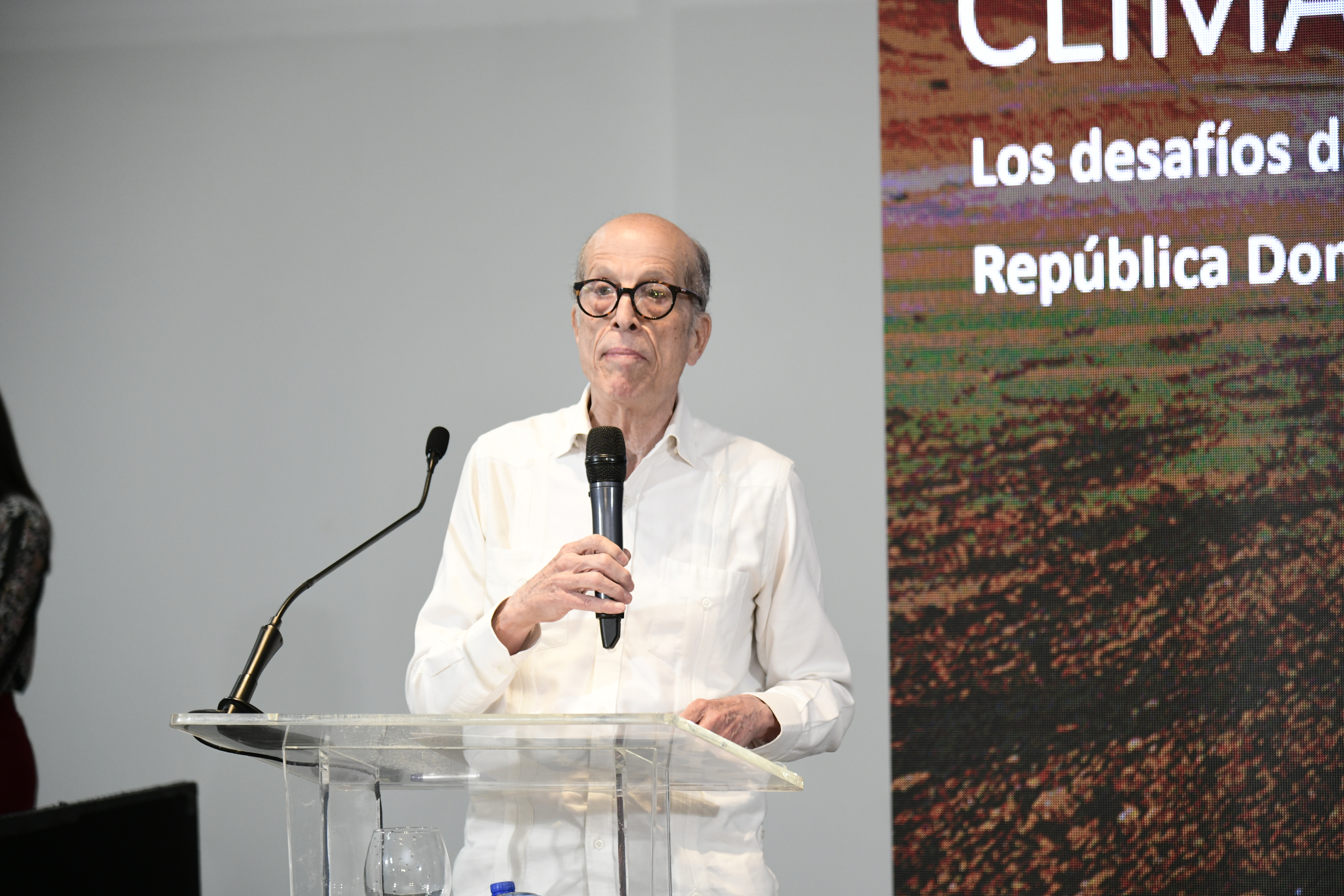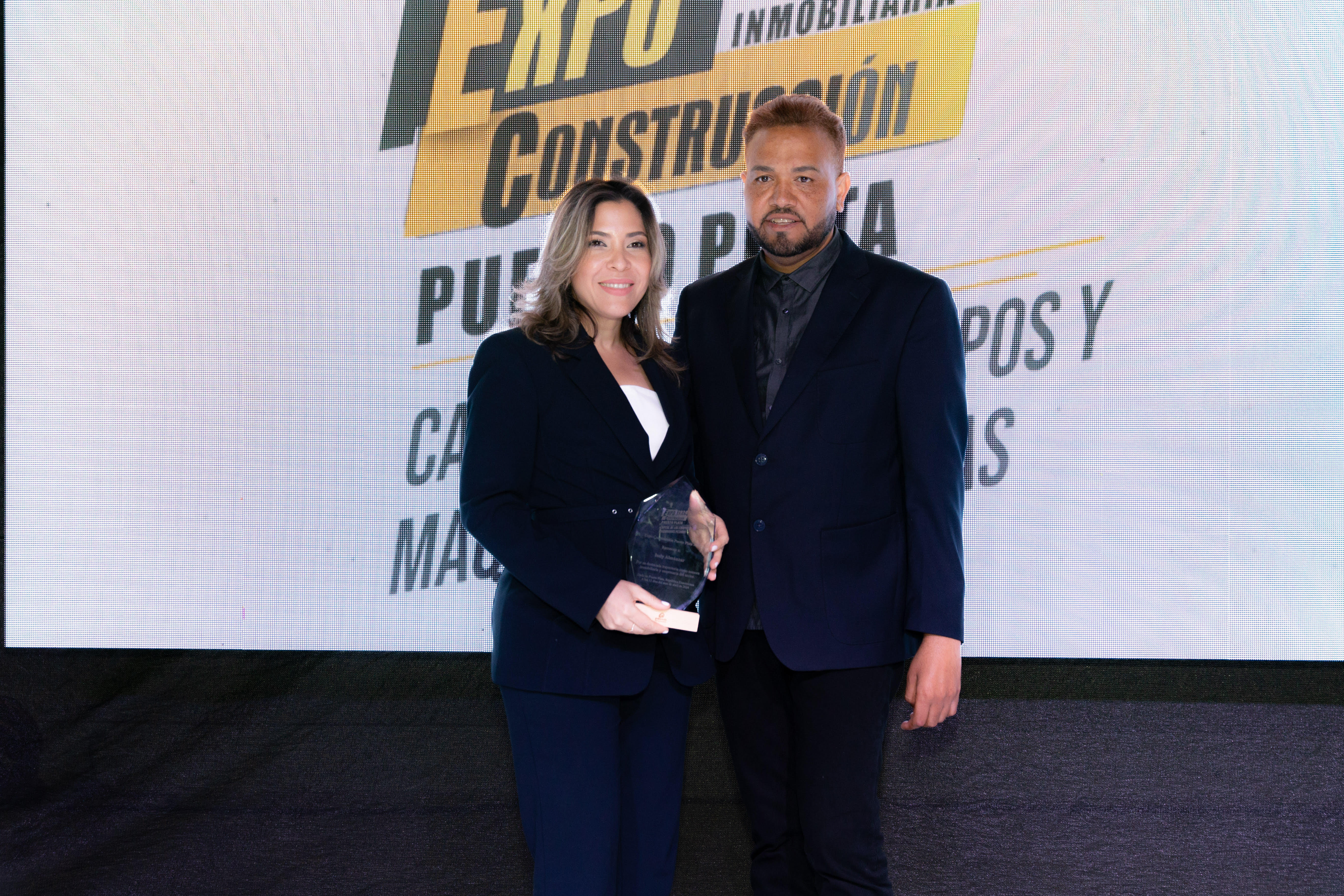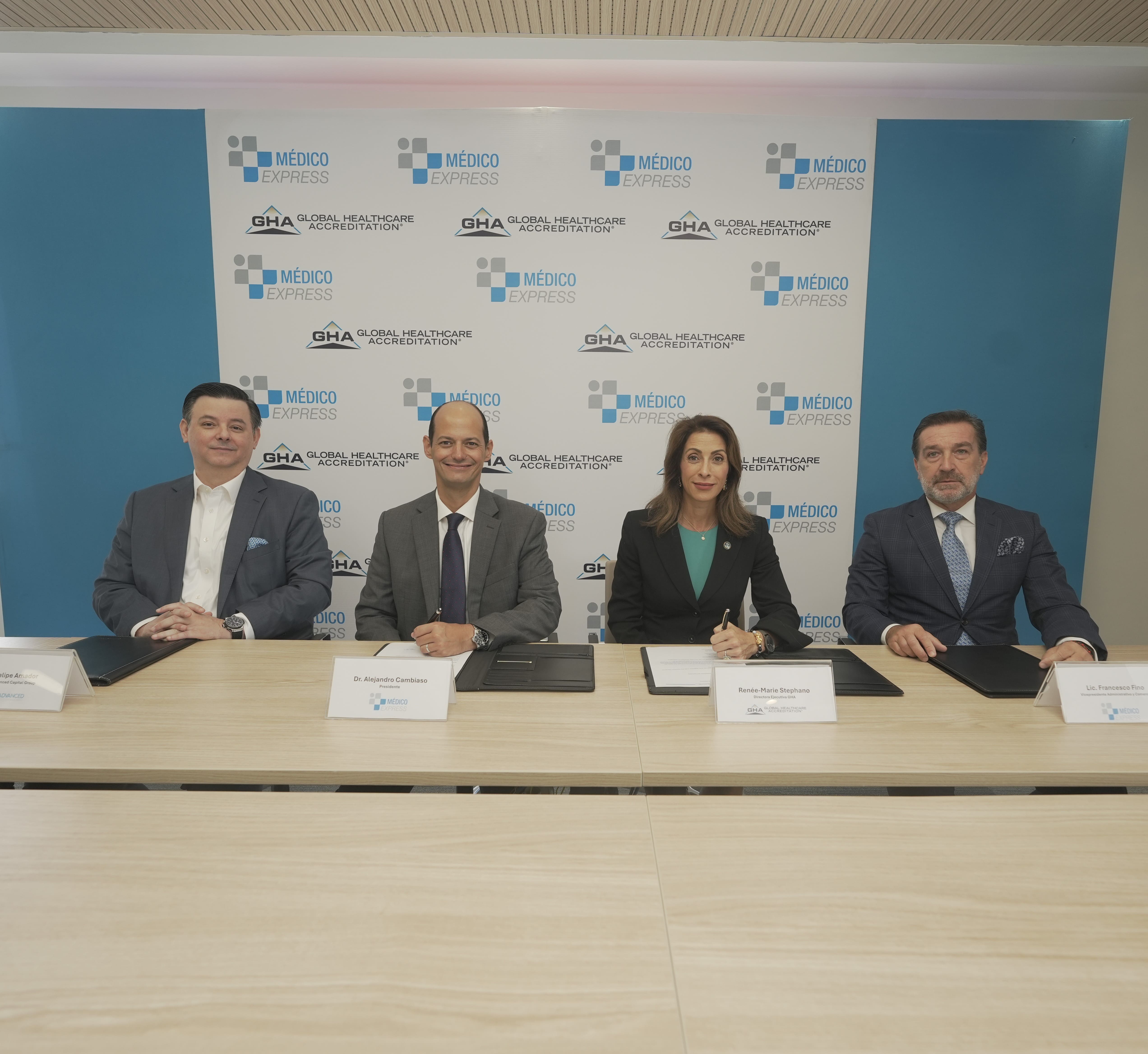Environment Minister Sponsors Conference on Sustainable Cities
 | Environment Minister Sponsors Conference on Sustainable Cities The process of turning a chaotic city into a sustainable one does not require endless tiring and bureaucratic work days nor huge investments, but rather quick and timely interventions at critical points around the city in order to adapt it to modern life, according to Brazilian architect Jaime Lerner, an expert in urban development. If one takes into account, says Lerner, that 75% of the world’s carbon emissions are produced in cities, the initiatives and efforts of each citizen counts. These include basic things like recycling one’s trash, living near one’s place of work and using their car less. Lerner believes that all cities should have a design that guides their growth and outlines their priorities. He says that these timely interventions, which he calls ‘urban acupuncture’, should respond to this process of urban planning. Mr. Lerner’s ideas were discussed at the masters conference “Architecture and Environment: Sustainable Cities,” sponsored by the Ministry of Environment and Natural Resources and the Erwin Walter Palm Foundation. If one takes into account, says Lerner, that 75% of the world’s carbon emissions are produced in cities, the initiatives and efforts of each citizen counts. These include basic things like recycling one’s trash, living near one’s place of work and using their car less. The Brazilian architect said that sustainability is an equation between what is save and what is used. “It is about saving more and more and using things to the maximum,” he said, pointing out that the sustainability of cities has a direct relationship with its green areas. In the case of recycling, he pointed to his native Curitiba where 70% of the population separates and recycles in their homes thus giving the city the highest rate of trash reuse and recycling. With respect to green space, in 1971 the city had one-half meter of green space per resident and today, with 3 times more population, the city has 52 square meters of green space per resident. Learner, also an environmentalist, said that a sustainable city needs a low- or non-polluting mass transit system such as a metro or subway system or buses with articulated and independent routes and corridors. With regard to taking advantage of space, he believes that multi-use structures should be utilized intensively and that city centers should be accessible and attractive for the entire family. To that end, he said cities should have urban spaces with parks and pedestrian walkways on some streets where people can meet and greet each other on a regular basis. He said these spaces can then become dynamic, especially at night, with fairs and markets and other such activities. Biography of Jaime Lerner Lerner was born in Brazil of Polish immigrants. He graduated in 1964 from the Escola de Arquitectura da Universidade Federal do Paraná (Architecture School of the Federal University of Paraná). The following year he helped create the Institute of Urban Planning and Research of Curitiba (IPPUC) of which he held the post of president in 1968 and 1969. He is also an expert in environmental issues. Lerner was elected mayor of Curitiba three times (1971-1975, 1979-1983 and 1989-1992). He was also elected governor of the State of Paraná on two occasions (1995-1998 and 1999-2002). In 1975, Lerner was appointed Consultant for Urban Affairs for the United Nations. In 1990, the UN awarded Lerner the United Nations Environment Award. In 1996, UNICEF awarded his “From the Street to the School,” “Protecting Life” and “University Professor” programs. In 2001, Lerner received the World Technology Award for Transportation and in 2002 the Sir Robert Mathew Award from the International Union of Architects for improving the quality of human living conditions. He also received, in 2004, the Volvo Environmental Award. He was sponsored by the Urban Planning Institute of Cordoba, (IPPUCOR) of Argentina. In 2002, he was elected president of the International Union of Architects, a post he held until 2005. Lerner’s Impact on Urban Planning For the last three decades and in part thanks to Lerner’s government administration, Curitiba has undergone urban transformation of such dimensions that the city is among the most recognized in the area of urban planning, transportation, environment and social programs. During his first term as Mayor, he consolidated the Integrated Mass Transportation System which served as a model for many other systems in other countries, such as for example the Trans-Millennium. The system is currently call Integrated Transportation Network (RIT in Spanish and Portuguese). With regard to taking advantage of space, he believes that multi-use structures should be utilized intensively and that city centers should be accessible and attractive for the entire family. In addition to Curitiba, Lerner participated in helping to create urban development plans for Rio de Janeiro, Sao Paulo, Recife, Salvador, Niterói, Natal, Aracaju, Goiânia and Campo Grande. He has also offered his consulting advice to such places as Shanghai, San Juan, Caracas, Havana, Seoul and Santiago de los Caballeros, DR. Published Works
Main Awards
Degrees Earned
| |
| Date of Publication: August 17, 2009 |

Related News
-

(Versión en español) Inauguración de la XII Feria Semana de la Geografía 2024
-

(Versión en español) Sector construcción dominicano reunido este fin de semana en la IV Expo Construcción Puerto Plata
-

(Versión en español) Médico Express será pionero en RD con certificación de excelencia para turismo médico
-

(Versión en español) Realizan premiere de la nueva película "Canta y no Llores", coproducción entre República Dominicana – España
-

Dominicanos en Grandes Ligas
Las ultimas noticias/novedades de lo que acontece con los Dominicanos en las Grandes Ligas durante toda la temporada 2019.



